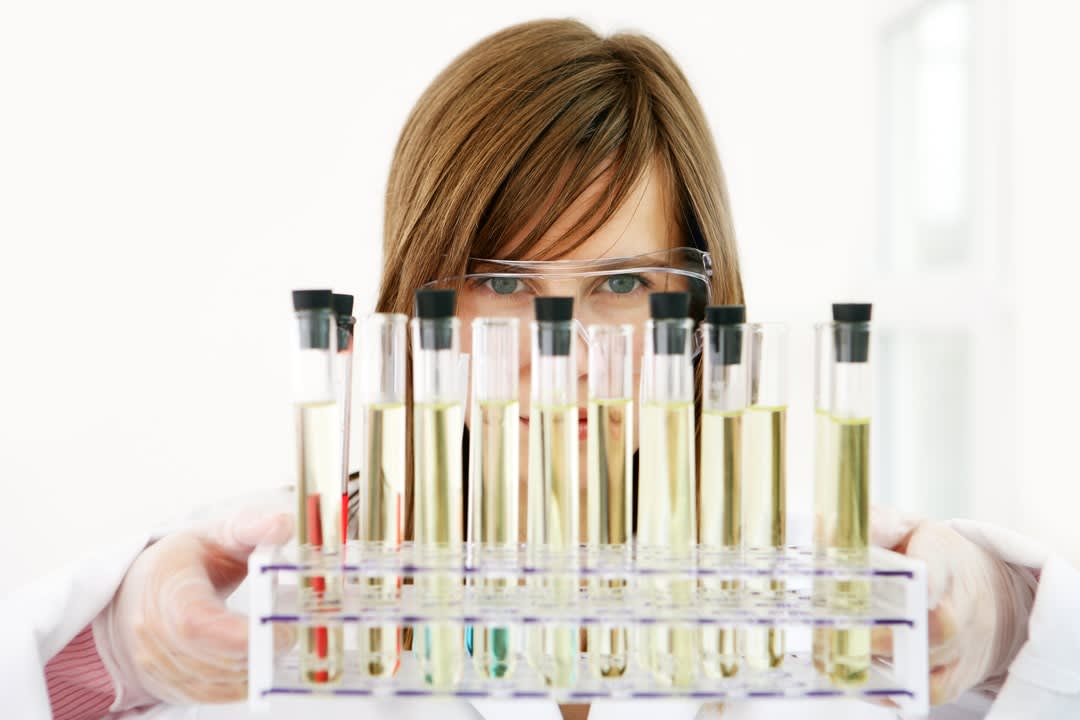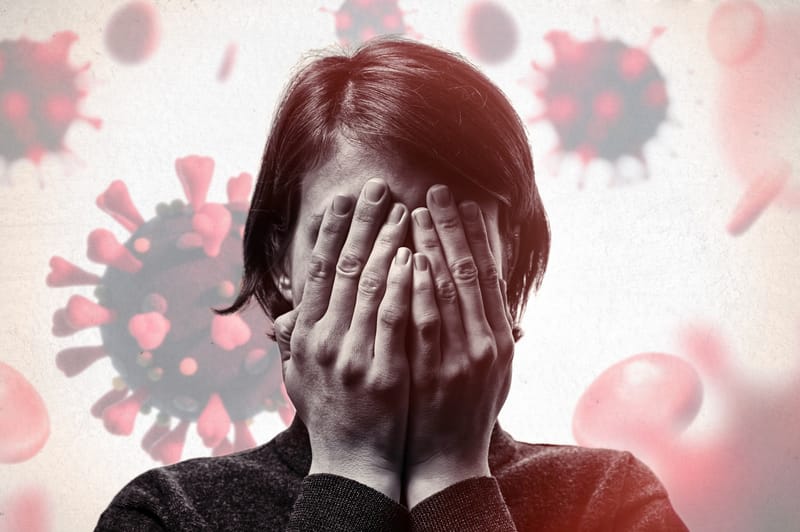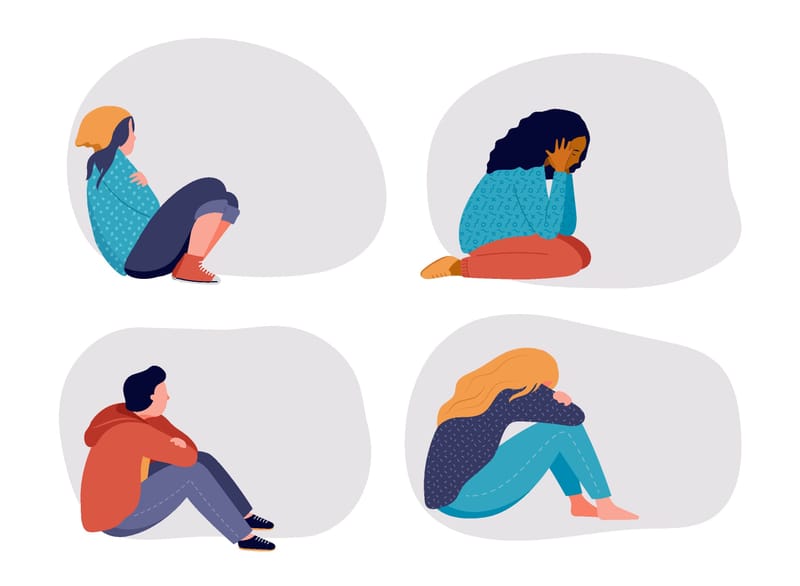
"We're all in this together" has been the rallying cry from our political leaders throughout the COVID-19 pandemic. Obviously the current crisis has impacted us all, including the medical research workforce, but some have experienced inequities more severely than others.
The economic and social consequences of the current crisis have reinforced gender inequality across the globe, threatening to stifle the growth of equality gains within the medical research workforce that were decades in the making.
Women are poorly represented in the STEM workforce. Within academia, disparity in the distribution of domestic unpaid workloads (64% compared to 36% men), responsibility for tasks with low promotability, and reduced career opportunities are engendered towards women. Obviously, men have been impacted during the current pandemic, too, but COVID-19 has exacerbated these inequities by removing what supports women had in the workplace to support the "baby penalty", including childcare.
The introduction of physical distancing measures to control COVID-19 transmission has had a differential effect on women.

Pre-COVID-19, women provided most of the informal care within opposite-sex partnerships. During COVID-19, we've seen implementation of working from home, school closures, and home-schooling. Often, one partner will take on more of this informal care if the other has greater work responsibility or job security; with women more often than not transitioning into the primary caregiver role, if not already.
Evidence has already started to emerge that since lockdown measures were introduced, women have spent more time on active childcare and homeschooling than men in the US, UK and Germany.
As a result, female academics are competing with many men with a lower domestic workload. One study of scientists found that men were four times as likely as women to have spouses who work part-time or not at all.
Compared to historical "normal" recessions affecting men’s employment more severely than women, with the additional impact of social distancing measures leaving women workers worst-hit, there's a very real risk that loss of productivity will disproportionately affect female researchers.
The gender effect
Evidence is also starting to emerge of a gendered loss of productivity during this crisis. Early data on journal submission has highlighted a disproportionate impact on women, which has even been felt in research fields that could be thought of as compatible with remote working.
In economic research, there was a 25 per cent increase in working papers during the first four months of 2020 compared to the previous five years, but the proportion of female authors remained static at 20 per cent. This suggests that male academics have accelerated their publication rate, while female academics have not.
Job insecurity is emerging as an additional stressor for women in research. Women are overrepresented in less secure positions such as short-term contracts and casual positions, and these positions are now precarious, with looming budget cuts that support research and teaching jobs.
Studies suggest that women are less at ease in self-promotion than men, contributing to disparity in promotions and pay. With only essential lab work allowed to continue for many medical researchers in the universities and research institutes, female researchers not promoting their work as essential could potentiate the gender gap.
Women, similarly, may not act to exploit opportunities. For example, while the number of female authors in non-pandemic-related research has remained stable in recent years, women constitute only 12% of the total number of authors working on COVID-19, suggesting they've been given less support and mentoring, or were less able to contribute to the escalating literature on coronavirus. This study also clearly highlighted that the biggest gap between non-COVID and COVID research lies in mid-career females.
There will clearly be a differential impact on productivity of early and mid-career researchers (EMCR) compared to more established researchers. Given that 60% of senior positions in medical research are held by men, this will only compound gender disparity now, and into the future, for promotions.
EMCR researchers are generally at a life stage involving primary carer and home-schooling responsibilities. This means that, during the current pandemic, they'll bear the brunt of reduced productivity in the form of reduced submissions of competitive grant applications and publications, participation in meetings, access to informal professional networks, important communications, decision-making and opportunities to collaborate compared to more senior researchers.
Established researchers are also more likely to have a portfolio of funding from different sources, large research labs, and numerous manuscripts to write to absorb the impact of lab closures or redesign of lab outputs.

Job insecurity is emerging as an additional stressor for women in research. Women are overrepresented in less secure positions such as short-term contracts and casual positions, and these positions are now precarious, with looming budget cuts that support research and teaching jobs. Further pressures on women in the medical research workforce include redeployment to roles to assist in management of the pandemic, or taking on more routine lab tasks to reduce numbers in the lab. There are also higher expectations placed on female academics from others for emotional labour, such as the pastoral care of students and staff, or even as a requirement for themselves to cope with the increasing mental load.
A loss of productivity in key traditional metrics of success will negatively impact women’s future opportunities. It limits their capacity to obtain funding for research projects, and to succeed in promotions, both now and cumulatively over years as their track records are impacted.
Loss of productivity is not just the accumulation of professional and domestic tasks; women are also being weighed down by a multiplied mental burden and suffering in silent exhaustion during the crisis.
The Australian Academy of Science, led by Professor Emma Johnson, produced a brief on the impact of COVID-19 on women in STEM, highlighting that the hard-won gains by women in STEM are at risk if STEM employers do not closely monitor and mitigate the gender impact of their decisions.
We now have both the responsibility to mitigate the gendered impact of COVID-19 to advance equity within medical research, and the opportunity to disrupt social norms around gender, caring roles and flexible working.
The Monash Central Clinical School has been conducting a survey to assess the impact of COVID-19 on productivity. The survey, developed in collaboration with Women in Science Parkville Precinct (WiSPP) and Equity in Medical Research Alliance (EMRA), aims to identify any potential gendered effects of COVID-19. The survey will consider the effects on parents versus non-parents, further differentiating the effects on those with children under eight years old, compared to those with older dependents.





